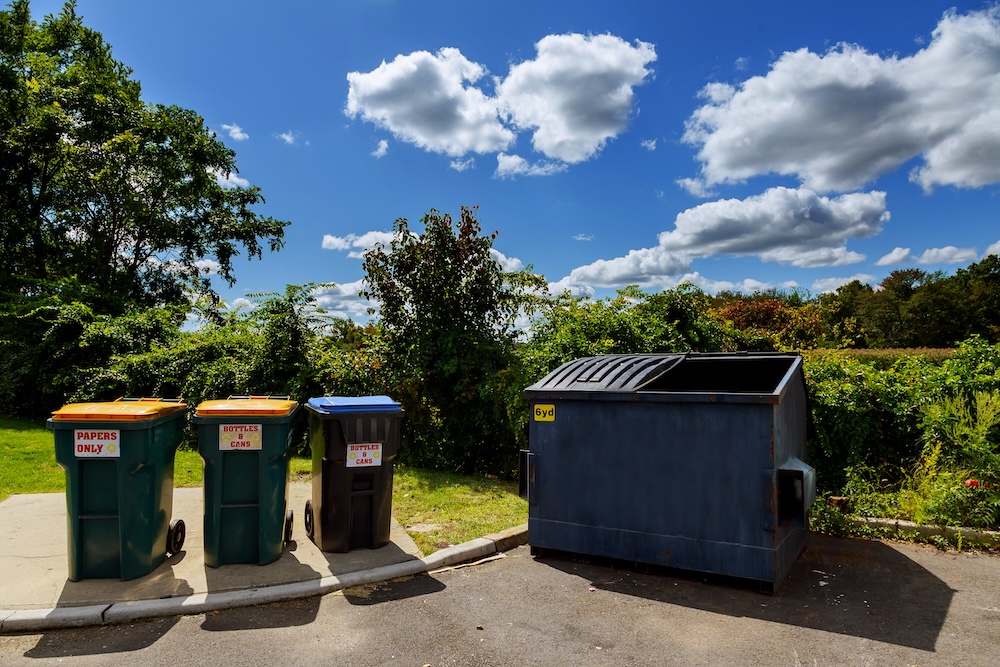Sustainability is a hot topic, but it’s also surrounded by misinformation. From misleading social media posts to outdated assumptions, myths can discourage people from making eco-friendly changes — or worse, cause them to make choices that aren’t actually helpful.
In this guide, we’ll tackle 10 of the most common sustainability myths head-on. For each, you’ll get the myth, the truth, and the context you need to confidently separate fact from fiction.
1. Myth: Electric Cars Just Pollute Elsewhere
Fact: While electric vehicles (EVs) do have an environmental footprint from manufacturing and electricity generation, their lifetime emissions are significantly lower than gasoline-powered cars. Multiple studies show that even when charged with electricity from fossil fuels, EVs produce fewer greenhouse gas emissions over their lifespan. As grids transition to renewable energy, this gap will only widen.
2. Myth: Recycling is Pointless Because It All Goes to Landfill
Fact: Recycling systems vary by location, and while contamination and market challenges exist, a large portion of collected recyclables are successfully processed into new products. Paper, cardboard, and metals like aluminum have high recycling rates and strong markets. The key is to recycle correctly and support local recycling programs while also reducing and reusing whenever possible.
3. Myth: Sustainable Products Are Always Expensive
Fact: Some eco-friendly products cost more upfront due to higher-quality materials or ethical production, but they often save money over time by lasting longer or reducing energy and resource use. Many sustainable swaps — like using a reusable bottle or cutting food waste — actually reduce costs immediately.
4. Myth: Going Green Means Giving Up Comfort
Fact: Energy efficiency, sustainable materials, and better design often improve comfort. Homes with good insulation and efficient heating and cooling are more comfortable year-round. High-quality reusable items can be more pleasant to use than disposable ones. Sustainability doesn’t have to mean sacrifice — it can mean upgrading your quality of life.
5. Myth: Individual Actions Don’t Matter
Fact: While systemic change is crucial, individual actions drive cultural shifts and influence policy. Consumer demand has led to widespread adoption of things like organic food, plant-based alternatives, and renewable energy. Collective small actions add up to significant impact.
6. Myth: Biodegradable Means It’s Automatically Eco-Friendly
Fact: “Biodegradable” simply means something can break down under certain conditions — but those conditions aren’t always met in landfills or the natural environment. Some biodegradable plastics only decompose in industrial composting facilities. Always check if products are certified compostable and consider reusables first.
7. Myth: Paper Bags Are Always Better Than Plastic Bags
Fact: Paper bags decompose faster and are easier to recycle, but they require more energy and water to produce. The most sustainable option is to use reusable bags of any durable material. If you do end up with paper or plastic bags, reuse them as much as possible before recycling or composting.
8. Myth: Renewable Energy is Unreliable
Fact: While solar and wind power depend on weather, modern grids can balance renewable energy with storage technologies, diversified sources, and demand management. Countries with high renewable penetration, like Denmark and Costa Rica, prove that a stable, clean energy grid is possible.
9. Myth: Organic Food is Always the Most Sustainable Choice
Fact: Organic farming avoids synthetic pesticides and fertilizers, but sustainability also depends on factors like land use, transportation, and water consumption. Locally grown, seasonal produce (organic or not) can sometimes have a smaller carbon footprint than organic produce shipped from far away.
10. Myth: One Person Can’t Make a Difference
Fact: History shows that social change often starts with small groups of dedicated individuals. From anti-smoking campaigns to recycling programs, what begins locally can influence laws, markets, and global culture. Your choices and your voice matter more than you think.
How to Avoid Falling for Sustainability Myths
- Verify claims with reputable sources like environmental agencies, universities, and peer-reviewed studies.
- Be wary of oversimplified social media “facts.”
- Understand that sustainability is complex — the “best” choice can depend on context.
- Stay updated, as science and technology continue to evolve.
Final Thoughts
Misinformation can stall progress, but facts move us forward. By challenging sustainability myths, we can make smarter choices, demand better from businesses and governments, and inspire others to join in. Real change starts with understanding the truth — and sharing it.









Reader Interactions